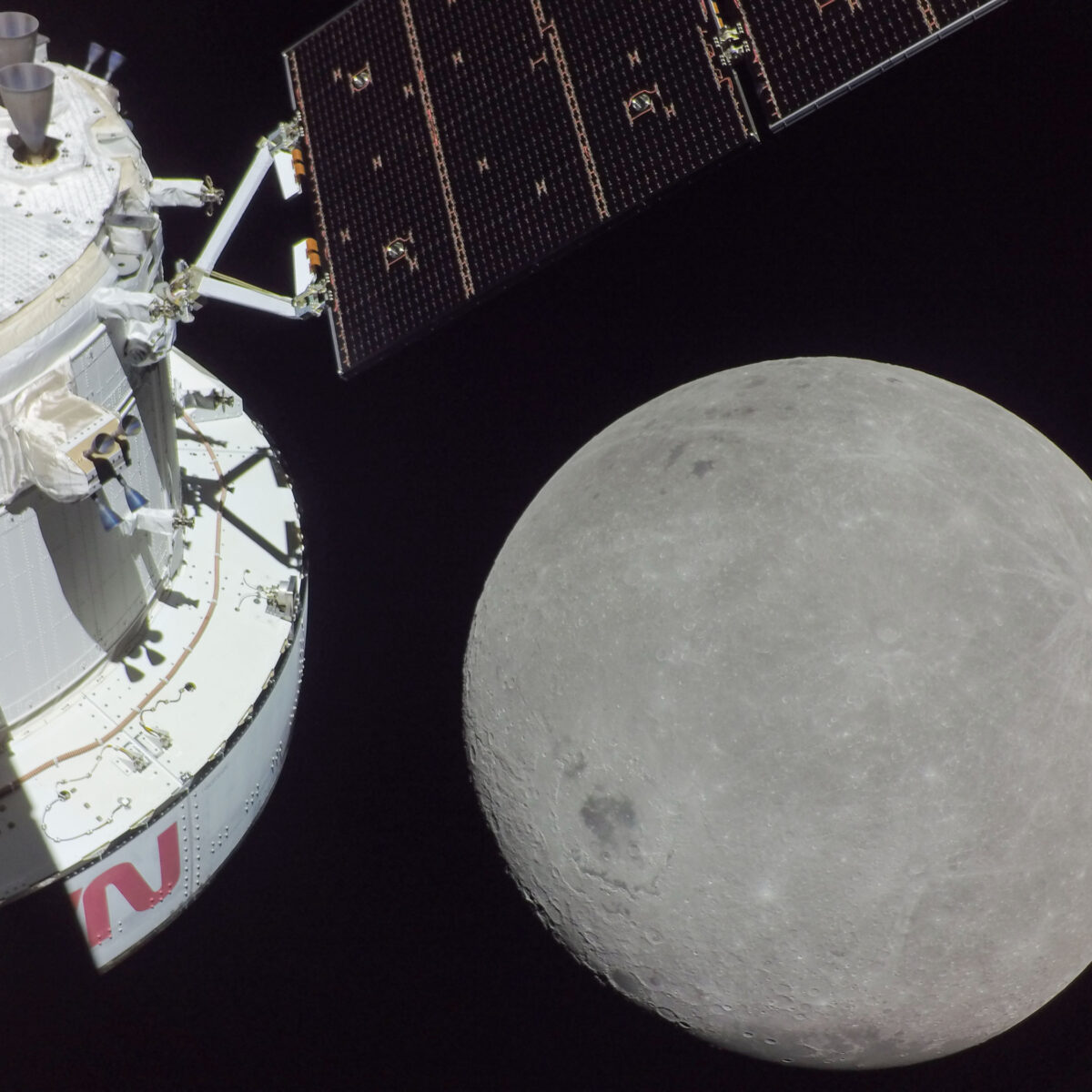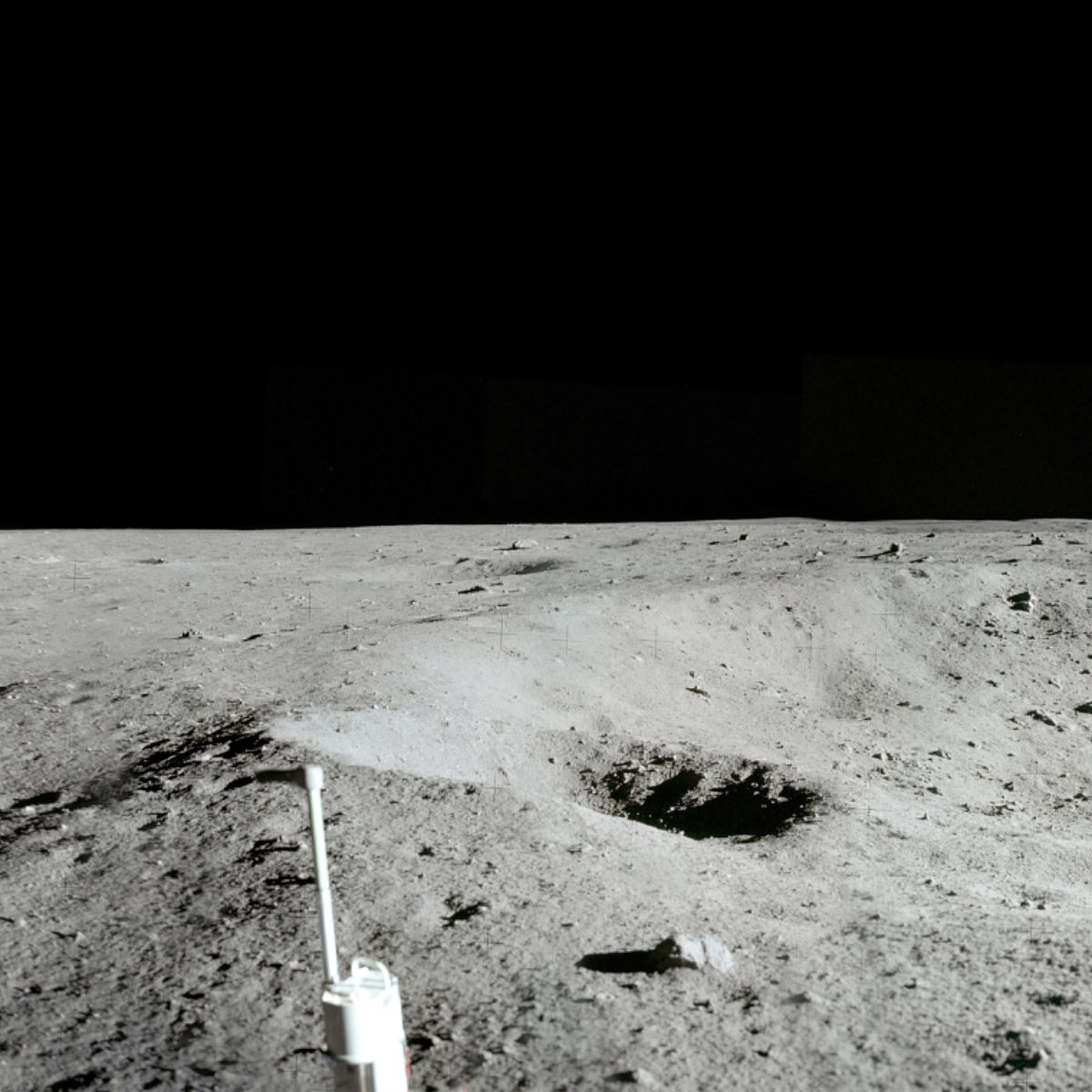All
All
Stories, updates, insights, and original analysis from The Planetary Society.
Best space pictures of the month: November 2022
NASA's chief of exploration mission planning Nujoud Merancy walks us through a picture from the Orion spacecraft.
Sights beyond the visible
See images your eyes wouldn’t normally be able to see, and learn about what these images can teach you.
A space smorgasbord
Sample the best tidbits from space exploration this week, including news from across the Solar System and beyond, and personal insights from leaders of exploration.
Breaking new ground
Whether it’s a mission, a policy decision, or an individual person, sometimes all it takes is one thing to change the way we explore.
Planetary accessorizing
Planets are beautiful and fascinating enough on their own, but there’s no denying that moons and rings add a little something special.
Defend your planet
With so many asteroids out there, it’s up to us to defend our planet from impacts. Find out how you can make a difference.
Persevering through it all
Exploration will always face setbacks, but this week’s Downlink reminds us of the impressive human ability to persevere.
Alone in space, but not lonely
Comet Leonard heads out to roam free in interstellar space, alongside rogue planets, their moons, and maybe even life.
Who loves the Sun?
Our host star takes center stage, and JWST demands a little more patience.
Apollo 11 Little West Crater Panorama
Apollo 11’S landing on 20 July 1969 was the day humans first set foot on another world. For the risky, challenging endeavor, NASA sought a smooth landing site, one lacking craters or mountains.
NASA Then & Now
A collection of before and after slider images showing how views of planets in our solar system have changed over the years since NASA was created.
Meet two astronaut candidates who can help NASA do science on other worlds
Two of NASA's new astronaut candidates are particularly suited to conduct scientific research on other worlds: Zena Cardman, a geobiologist, and Jessica Watkins, a geologist.
Cubes in Space
Aspiring astrophysicist Julie Seven Sage reports from the launch of student-designed CubeSat payloads at NASA's Wallops Flight Center.
Expedition 50 had a fun and good ISS crew
I believe Expedition 50 had a fun and good ISS crew. I base this declaration solely on the moments they shared on social media. This logic is completely bulletproof and there's no point trying to prove otherwise.
Kate Rubins, NASA's DNA sequencing scientist, returning to Earth
NASA astronaut Kate Rubins is returning to Earth from the International Space Station. During her mission, she became the first person to sequence DNA in space.
That new Soyuz smell: Next ISS trio launches tonight aboard upgraded crew craft
Expedition 48 crewmembers Kate Rubins, Takuya Onishi and Anatoly Ivanishin begin a two-day trip to the International Space Station tonight aboard a newly upgraded Soyuz MS spacecraft.
Picture-perfect landing for Soyuz crew on sunny Kazakh steppe
Tim Kopra, Tim Peake and Yuri Malenchenko are back on Earth this morning following a picture-perfect landing on the sunny Kazakhstan steppe.
Expedition 47 preview: Astronaut Jeff Williams' career spans history of ISS
NASA astronaut Jeff Williams embarks on his fourth trip to the ISS tomorrow. He launches aboard a Soyuz spacecraft from Baikonur with cosmonauts Alexey Ovchinin and Oleg Skripochka at 5:26 p.m. EDT (21:26 UTC).
New Crew Arrives at ISS following Docking Drama
Following a picture-perfect launch and some last minute docking drama, Tim Kopra, Tim Peake and Yuri Malenchenko arrived safely to the International Space Station today.
Telerobotics: Unifying Human and Robotic Spaceflight
Telerobotics—with humans nearby—just might be the perfect unification of human and robotic spaceflight. Two groups at NASA and ESA are working to make this fledgling technology commonplace.


 Explore Worlds
Explore Worlds Find Life
Find Life Defend Earth
Defend Earth


 Sun
Sun Mercury
Mercury Venus
Venus Earth
Earth Mars
Mars Jupiter
Jupiter Saturn
Saturn Uranus
Uranus Neptune
Neptune Small Bodies
Small Bodies


















